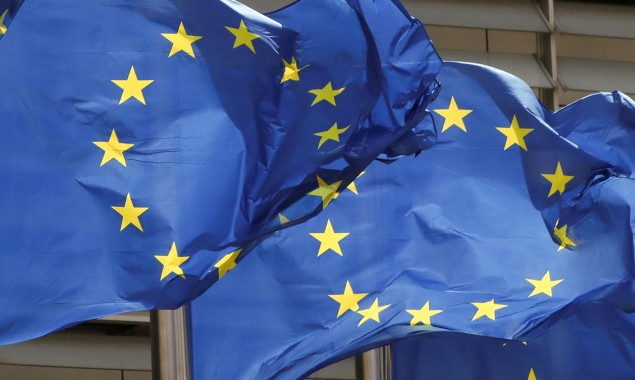Facebook-owner Meta gives preview of its first store, enterprise tools
On Wednesday, Meta Platforms, the parent company of Facebook, gave a first...

(Reuters) – BRUSSELS, May 11 – Under new European Commission laws, Google (GOOGL.O), Meta (FB.O), and other online service providers will be compelled to detect and remove online child pornography, a move that some privacy advocates fear may put people’s communications at risk.
Companies who do not follow the requirements face fines of up to 6% of their annual revenue or global turnover, as determined by EU countries.
The EU executive said on Wednesday that its plan aims to replace the present system of voluntary detection and reporting by businesses, which has proven insufficient to protect youngsters.
It stated more than one million allegations of child sexual abuse in the EU27 in 2020, with the COVID-19 epidemic contributing to a 64 percent increase in such reports in 2021 compared to the previous year. Furthermore, 60 percent of all child sexual abuse material is hosted on EU servers.
The Commission said in a statement that “the proposed regulations impose a duty for relevant internet service providers to assess the risk of their services being misused for the transmission of child sexual abuse materials or for the solicitation of children (grooming).”
Companies will subsequently be required to report and remove all known and new photographs and videos, as well as any instances of grooming. An EU Centre on Child Sexual Abuse will be established to serve as a knowledge base and to convey reports to law enforcement.
Hosting services and interpersonal communication services such as messaging services, app stores, and internet access providers will be subject to the rules.
According to advocacy organisation European Digital Rights, the Commission’s plan might jeopardise end-to-end encryption and open the door to authoritarian surveillance practises.
WhatsApp, a Meta subsidiary, expressed similar reservations.
In a tweet, WhatsApp CEO Will Cathcart said, “It’s really sad to see a proposed EU internet legislation fail to preserve end-to-end encryption.”
“Any steps taken must not jeopardise end-to-end encryption, which safeguards the safety and privacy of billions of individuals, including minors,” a Meta representative stated.
Before becoming law, the draught EU rules must be worked up with EU countries and legislators.
Catch all the International News, Breaking News Event and Latest News Updates on The BOL News
Download The BOL News App to get the Daily News Update & Follow us on Google News.